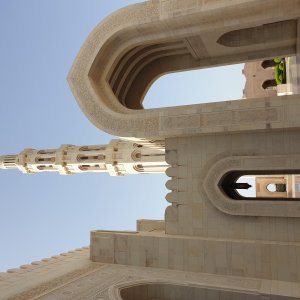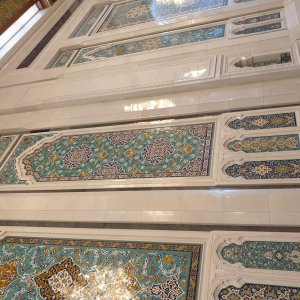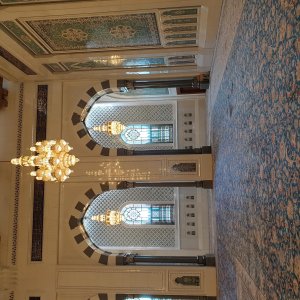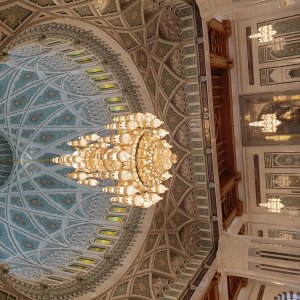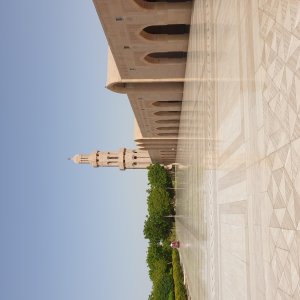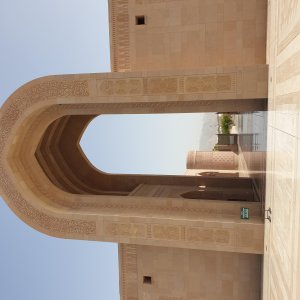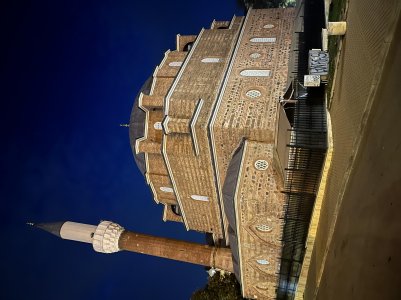Deeply moved by his visit to Cordoba in 1932, Iqbal wrote one of his most well known poems (masjid-e-qurtubah). I am no literary expert, but to me it is a beautiful poem full of rhythm and flow (‘ravani’); a poem that sings off the pages.
There are three themes that strike me when reading the poem. First, is the evocation of past greatness as an inspiration for changing the present for a better future. Iqbal is of course not alone here - think in particular of Altaf Husain Hali’s famous nostalgic set-piece,
Musaddas-e Hali, said to have reduced audiences to tears when recited. Second, is the idea of ‘caliphate of man’. In celebrating the architect, for Iqbal the magnificent mosque represented a symbol of the potentially awesome power of the individual, of God’s vice-regent on earth. Third, is the emotion - the fervour and ebullience - aimed to move the Muslim reader, a message that we can boil down to: you are a Muslim, feel it, feel it in your heart.
A few lines on the mosque from the poem. The second stanza is about ishq, which ends with:
Ishq se nur-e hayat ishq se nar-e hayat
(From Love: the light of life. From love: the fire of life)
This is the context for the first few lines of the third stanza:
Ai haram-e qurtubah ishq se tera vujuud
Ishq saraapaa davaam jis men nahiin raft o buud
Rang ho ya kisht o sang chang ho ya harf o saut
Moajaza-e fan ki hai khuun-e jigar se namuud
Qatrah-e khuun-e jigar sil ko banaataa hai dil
(O Mosque of Cordoba! Your existence is owed to love
Love that is everlasting; the love that neither wanes nor fades
Be it colour or brick or stone; be it speech or music or song
The magic of art comes from the blood of the heart
A drop of heart’s blood turns stone into a beating heart)






